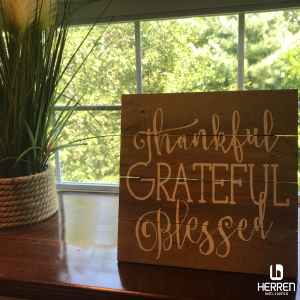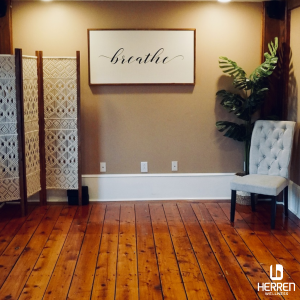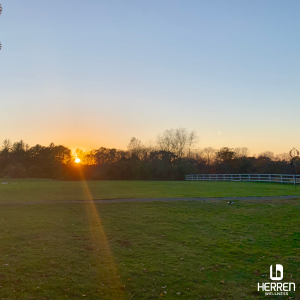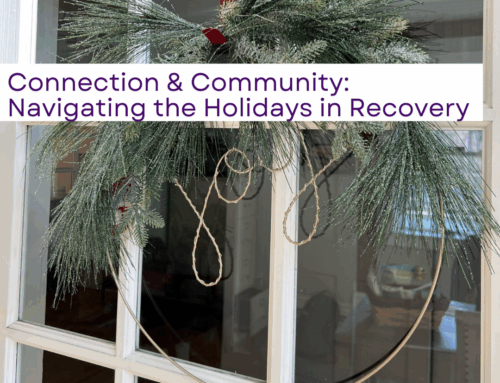We hear about the importance of having a spiritual practice in recovery, but what does that mean? People who are new to recovery often have questions about what spirituality is, why it’s important, and ways to weave a spiritual practice into daily life.
What is Spirituality?
Spirituality involves examining how we relate to the world around us and how we commune with our own sense of the divine. There is no ‘right’ way to be spiritual, and spirituality and religion do not have to be synonymous. At its core, spirituality is about what speaks to you, enables you to find meaning and purpose in life, and is a pathway to connect with power(s) that are bigger than you.

For some people, spirituality and religious faith are intertwined. Spirituality is about how we get out of our heads, and learn to surrender and accept people, places, and things that are out of our control. Spirituality can be found in a community of people, nature, or a sense of energy that connects all living things.
How Spirituality Supports Recovery
According to Dr. Christina Puchalski, Director of the George Washington Institute for Spirituality and Health, spirituality is:
“the aspect of humanity that refers to the way individuals seek and [express] meaning and purpose and the way the experience their connectedness to the moment, to self, to others, and to the significant or sacred.”

Substance use disorder can bring feelings of isolation, disconnection, shame, and a sense of irreparable brokenness. In recovery, community, connection, and a sense of purpose are the foundations upon which life in recovery is built.
In recovery, it’s important to discover a sense of being part of, rather than disconnected and alone. Surrender and acceptance are also building blocks of recovery, and through spirituality, we can let go of self and find this sense of interconnectivity and belonging.
Spirituality helps us live in the moment and become mindful of self and our impact on our environment and those around us.
Positive Impact of Spirituality
Spirituality has a positive impact on nearly every aspect of life. Studies show that people who have a spiritual practice experience physical health benefits as well. As we become mindful of self-care and the importance of cultivating loving-kindness towards self and others, we eat healthier, exercise more, and get more sleep, all of which benefit our physical health. Other benefits of spirituality include:
- Increase empathy and compassion towards self and others
- Ability to work through negative emotions and experiences with compassion and acceptance
- Sense of purpose, hope, and faith
- Bolster recovery through an active spiritual practice
- Improve and enhance connectedness with others
Ways to Create a Spiritual Practice
How do you begin to create a spiritual practice? It’s important to remember that the most important aspect of spirituality is that you find a practice that works for you. Everyone is unique and as such each spiritual practice is unique. Here are some ideas for ways to weave a spiritual practice into your daily life:
Meditation: A daily meditation practice improves mindfulness and enables you to be aware of internal narratives that can be corrosive to wellness and recovery. There are many meditation methods, but the most important aspect is to carve a peaceful time out of each day to find a comfortable space and focus on your breath and the sensations in your body.

As thoughts and emotions come and go, practice the ability to notice them without judgment. The idea is to cultivate the ability to simply ‘be’ and stay fully present in your mind and body. Guided meditations are useful for a beginner, and here is a list of some great free resources.
Gratitude: A simple gratitude practice is very helpful. Keep a daily gratitude list or journal to remind yourself of all the blessings in life and stay connected to your ‘why’ in recovery. Even on tough days, there are always things to be grateful for, and a daily gratitude reminder bolsters recovery and helps foster a sense of loving-kindness towards self and others.
Yoga: You don’t have to be an experienced yoga practitioner to experience its benefits. Find a local yoga studio with beginner classes or follow a beginner online course or video. Yoga is another tool to bring you into the moment, focus on breath, become mindful of the body, and connect with your concept of spirituality.
Art, Music, and Nature: Many people find spirituality in beauty, such as communing with nature by taking a walk, appreciating a beautiful piece of art, or mindfully listening to calming music. Beauty can act as a doorway into spirituality and your own sense of the divine. The idea is to be fully present for these experiences, practice being still, and appreciate things that are bigger than self.

About Herren Wellness
When you come here, you are immediately connected with a thriving community of people at all stages of their recovery journey. We introduce healthy habits and routines centered around emotional, physical, and spiritual wellness that provide a solid foundation for rediscovering your interests, experiencing joy in sobriety, and building structure and routine.
We provide several alumni support communities, including a weekly recovery support group, monthly alumni meeting, and online alumni community you can access anytime. Your connection to Herren Wellness doesn’t end when your stay ends; we are there for you throughout your recovery journey.
If you, or a loved one, are looking for help, please call us at (844) 443-7736, email us at info@herrenwellness.com, or fill out a contact form. You are not alone.





